In 1909, Extension magazine published the words of one of the first Black priests ordained in the United States, Father John Plantevigne, as he spoke at a missionary conference in Washington, D.C. Pictured below, he said, “The Negro shall be treated as a man and not a problem.”
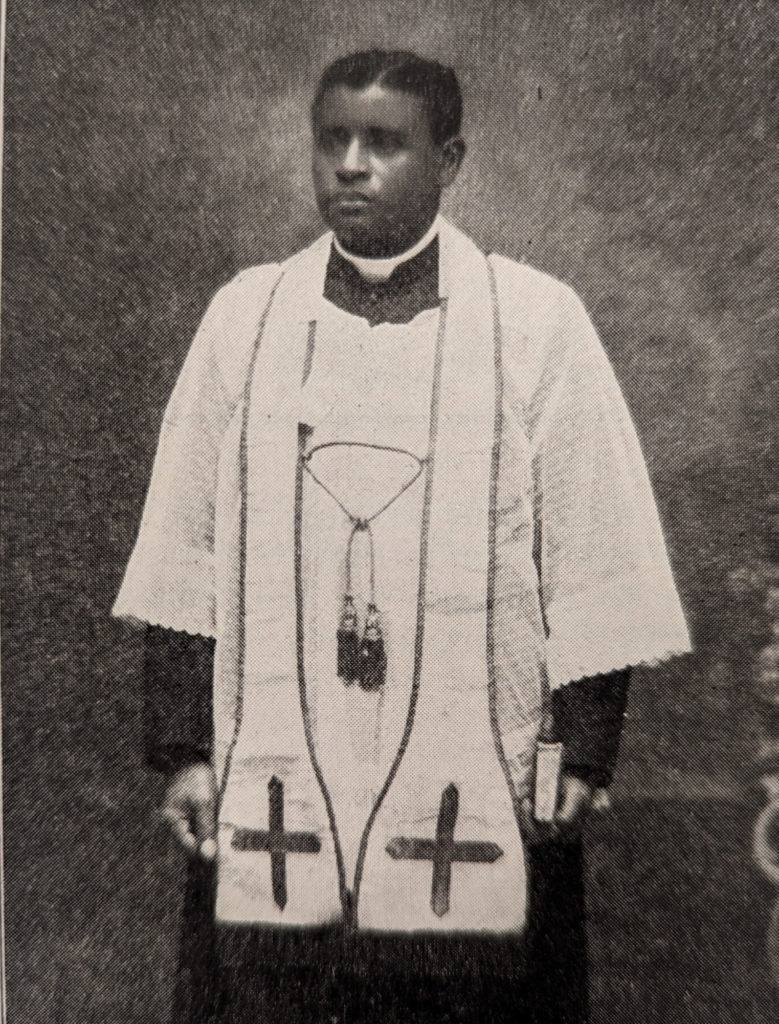
His statement, sadly, would have been met with much skepticism by many Catholics at the time.
The pastor belonged to St. Joseph’s Society of the Sacred Heart, a religious order better known as the Josephites that was originally founded in England. They stood in solidarity with the Black community, and established their presence in the U.S. right after the Civil War to serve newly emancipated slaves. In the late 1800s the Josephites became an independent American Catholic order.
Catholic Extension Society has supported the work of the Josephites for over a century as they ministered to Black Catholics.
At a time when seminaries refused to accept Black students and Southern Catholic churches followed Jim Crow laws, which forced many indignities upon Black Catholics, the Josephites took an alternative approach.
Extension magazine printed letters from Josephite priests, hoping that their voices and perspectives would help change people’s hearts.
For example, Father John J. Albert, SSJ, wrote this in an article on how the Church discriminated against Black Americans:
“The Church should be what it professes to be—Catholic. … It is not the private property of a single race—it is Catholic. As such, any tendency toward exclusiveness should be immediately booed. What right have we to make pharisaical distinctions in the House of God?”
Close to the altar
The Josephites established churches specifically for Black Catholics to provide worship spaces free of prejudice. The photo below, which was printed in Extension magazine in 1909, shows a Josephite pastor with parishioners.
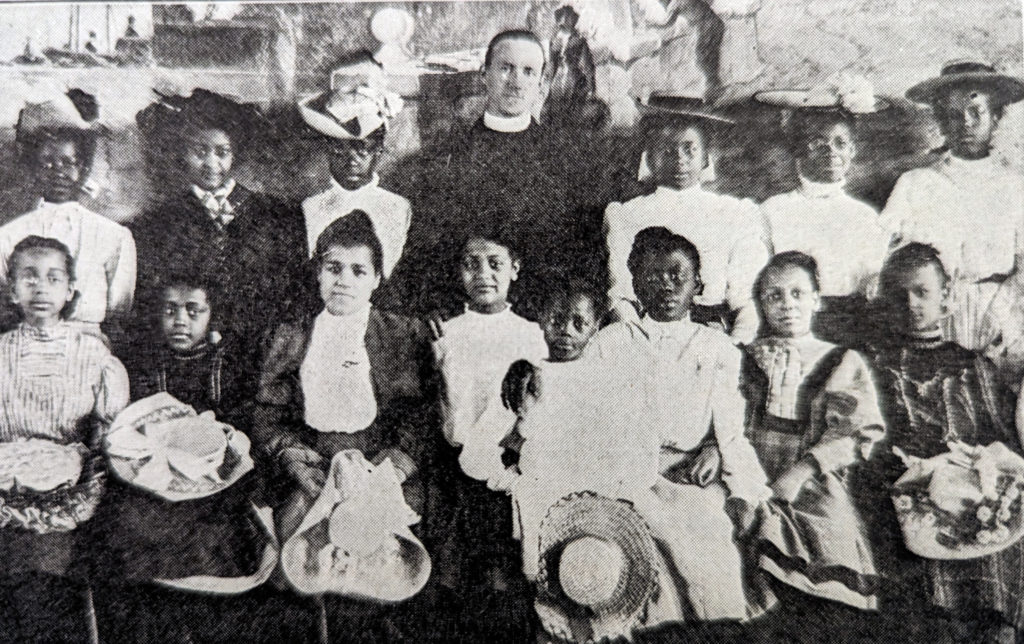
Father Albert wrote that in these churches “the colored Catholic gives free scope to a growing Faith. The children sing in the choir; the boys serve on the altar and all of them have equal opportunities of seeing and hearing and praying to their heart’s content.”
Their early vision came to fruition through their 150 years of tireless, faith-driven work. They established parishes, schools, a seminary and an interracial community of priests. They founded what has become the largest Black Catholic fraternal organization of men and women in the country, the Knights and Ladies of Peter Claver.
Their current superior general, Bishop John Ricard, SSJ, put it simply:
If not for the Josephites, there would be very few Black Catholics.”
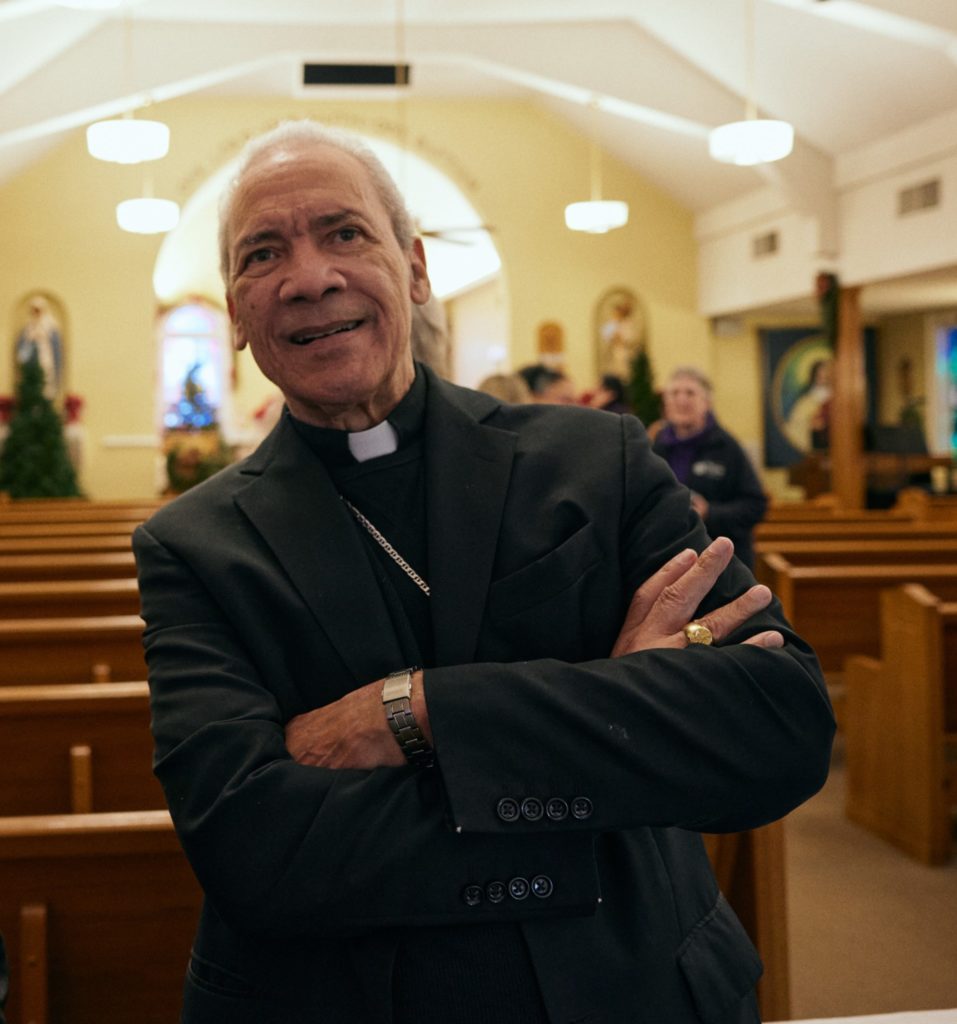
Catholic Extension Society has been working in solidarity with the Josephites, mostly in the Deep South. We helped to build or repair their churches, support religious education for children, and simply keep the doors of their vibrant parishes open.
Empowering generations
Following the Emancipation, millions of formerly enslaved people were forced to continue to labor in poverty in the fields without the means to improve their lives. “It was a huge challenge at the time,” said Bishop Ricard.
In response, the Josephites opened the first Catholic schools for Black students. They worked with orders of women religious such as the Sisters of the Blessed Sacrament, founded by St. Katharine Drexel, to staff the schools.
The community has served over 170 parishes in over 35 dioceses throughout the U.S. The education and care provided in these missions transformed entire families and communities.
The churches and schools gave their children, and their children’s children, a chance at a better life.
Many prominent Black leaders today come from families that have been going to Josephite parishes for generations. Archbishop Shelton Fabre of the Archdiocese of Louisville, Kentucky, a prominent Black Catholic leader, grew up going to St. Augustine Church in New Roads, Louisiana. The Josephites founded the church in 1922. Catholic Extension Society has supported it.
The Josephite missions, largely based in the South, brought nationwide influence. Millions of Black Americans carried their faith with them as they moved north during the Great Migration. Today, Black Catholics across the country trace their roots back to Josephite-founded parishes.
Passing the baton
Josephite parishes today are places of light and joy in their communities.
Bishop Louis Kihneman shepherds the Diocese of Biloxi, Mississippi, which includes six historically Black parishes. The Josephites founded four of them. “I just love to celebrate with them,” he said.
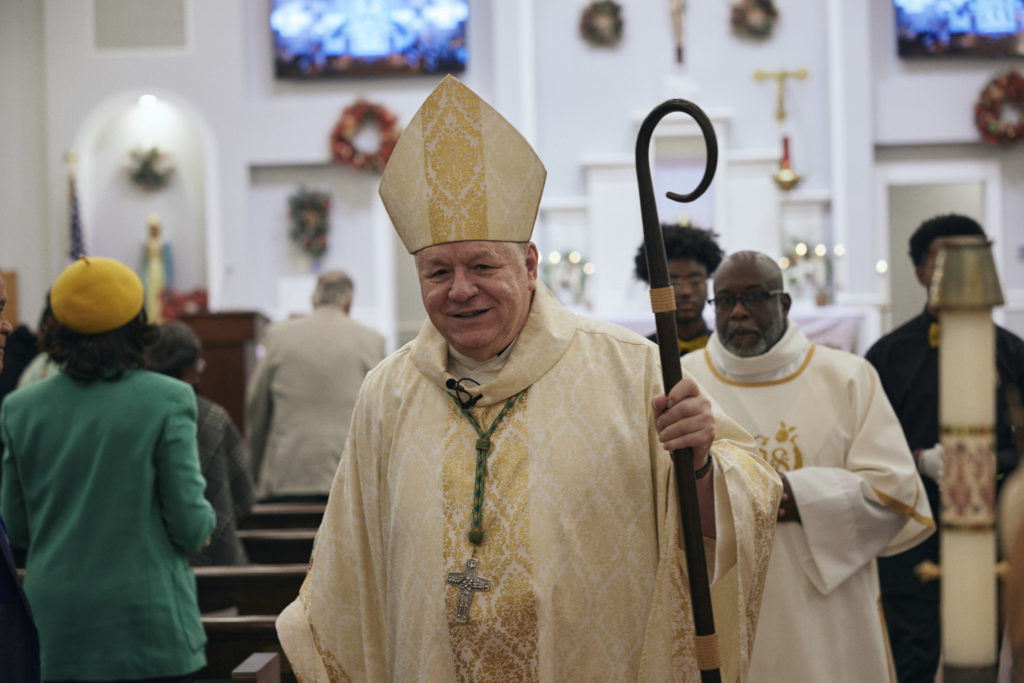
They really bring a tradition of faith, which I think in many ways helps us as a Church at large to stay alive in the spirit, because they’re very spirit filled.”
In January of this year he celebrated Mass at St. Peter the Apostle Church in Pascagoula, pictured below.
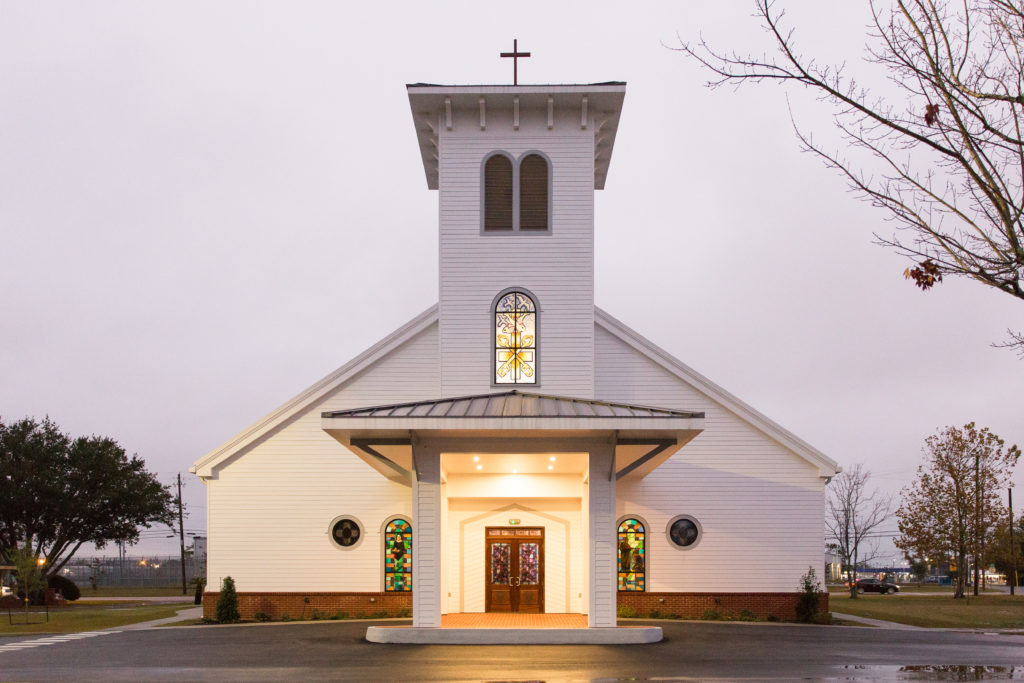
Hurricane Katrina completely destroyed the parish’s church in 2005. Catholic Extension Society helped construct a new, larger church—modeled after the original design—later in 2018.



